Burst Pipes in Winter and Restoration
All That You Need to Know
Winter can be a beautiful season, with snow-covered landscapes and holiday cheer. However, it can also bring about some unforeseen dangers, such as burst pipes.
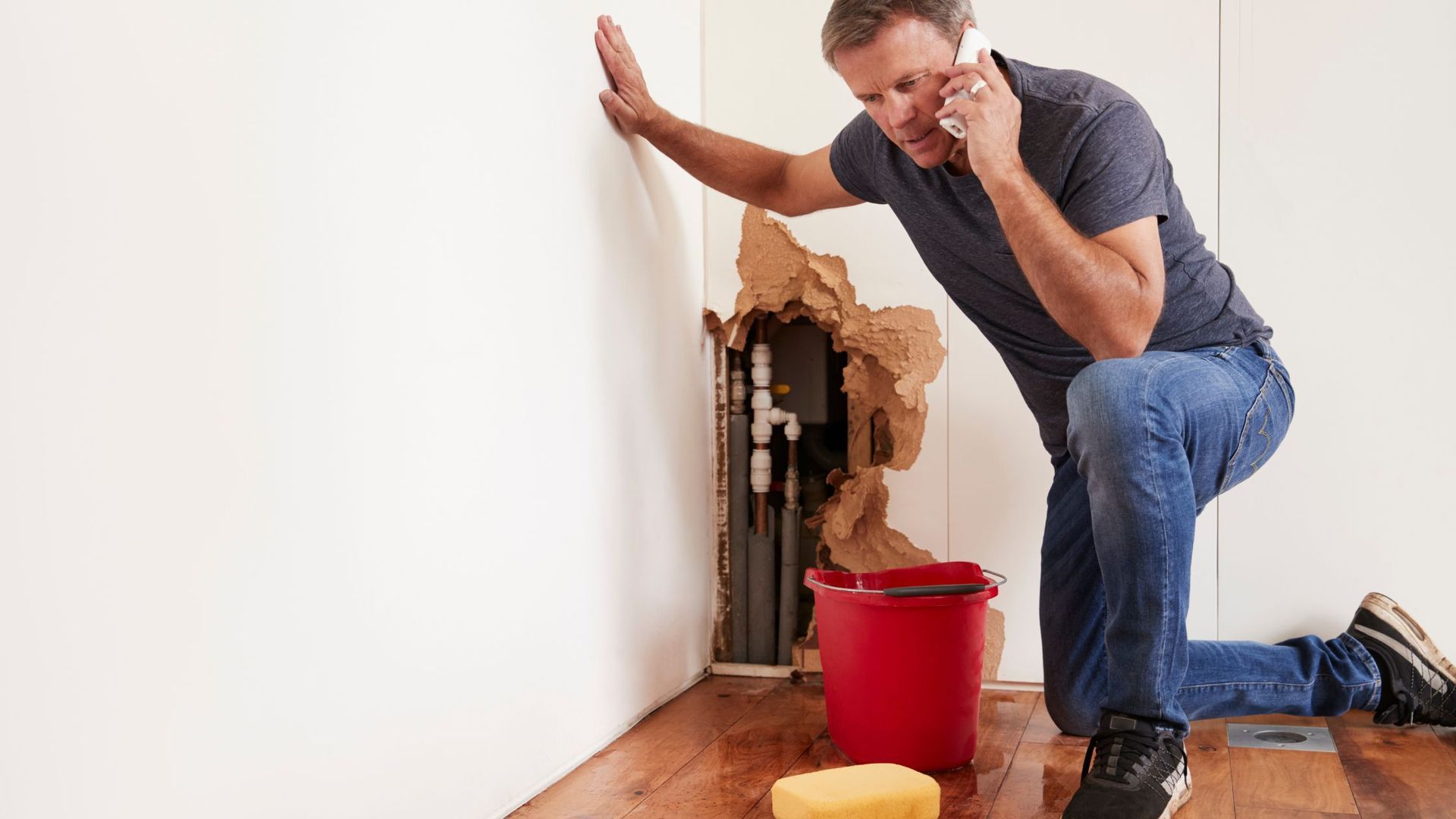
Burst Pipes in Winter and Restoration: What You Need to Know
When the temperature drops below freezing, water inside the pipes can freeze and expand, which causes pressure to build up in the pipes. The pressure can become too great, and the pipes may not be able to withstand it, causing them to burst. The frozen water inside the pipes creates a blockage, which makes it difficult for water to flow through the pipes. The ice blockage can also increase water pressure, leading to the bursting of pipes. Additionally, when the pipes burst, water is released, which can cause significant water damage to your home. This is why it is essential to take preventative measures to protect your pipes and prevent them from freezing in the first place.
Causes of Burst Pipes in Winter
As mentioned, freezing temperatures are the leading cause of burst pipes in winter. When water inside pipes freezes, it expands, putting pressure on the pipes. If the pressure becomes too great, the pipes can burst. However, freezing temperatures aren't the only cause of burst pipes.
Other factors that can contribute to burst pipes include:
- Poor insulation: Pipes that are poorly insulated are more susceptible to freezing.
- Age of pipes: Old pipes are more likely to burst than newer ones.
- Water pressure: High water pressure can cause pipes to burst.
- Corrosion: Corrosion weakens pipes, increasing the risk of bursting.
How to Prevent Burst Pipes
The best way to prevent burst pipes is to take preventative measures before the winter season arrives. Here are some tips to help you avoid burst pipes:
- Insulate pipes: Insulate pipes that are more exposed to cold air, such as those in unheated areas like attics, basements, and garages.
- Seal cracks and openings: Seal any cracks or openings in walls or foundations that allow cold air to enter.
- Keep the heat on: Keep the heat on in your home, even if you're away. Set the thermostat to at least 55 degrees Fahrenheit to prevent pipes from freezing.
- Let faucets drip: Allow faucets to drip slightly to keep water flowing through the pipes, which can prevent freezing.
- Disconnect hoses: Disconnect outdoor hoses and turn off the water supply to outdoor spigots to prevent them from freezing.
What to Do if Your Pipes Burst
Despite your best efforts, your pipes may still burst. If this happens, it is important to act quickly to minimize the damage. Here are the steps you should take if your pipes burst:
- Turn off the water supply: Locate the main water valve and turn it off to stop the flow of water.
- Call a plumber: Contact a licensed plumber to repair the burst pipes.
- Assess the damage: Once the water supply is turned off, assess the extent of the damage. If there is standing water, turn off the electricity to the affected area to prevent electrical shock.
- Remove water: Use a wet/dry vacuum or mop to remove any standing water.
- Dry the area: Use fans and dehumidifiers to dry the affected area as quickly as possible.
- Contact a restoration company: If the damage is extensive, contact a professional water damage restoration company to assess the damage and provide restoration services.
Burst pipes can be a costly and stressful problem, but with some preventative measures and quick action, you can minimize the damage. Remember to insulate pipes, keep the heat on, and turn off the water supply to outdoor spigots. With these tips, you can keep your pipes and home safe during the winter season.
If your pipes do burst, turn off the water supply, and call our company right away. Our restorative team is trained to help with burst pipes. They will first assess the extent of the damage caused by the burst pipes and then take necessary measures to fix the problem. They will identify the location of the burst pipe and repair or replace it as needed. They will also ensure that any water damage resulting from the burst pipe is cleaned up and any affected areas are thoroughly dried to prevent mold growth. Once the restoration is complete, they will provide you with recommendations on how to prevent future burst pipes and keep your pipes and home safe during the winter season.
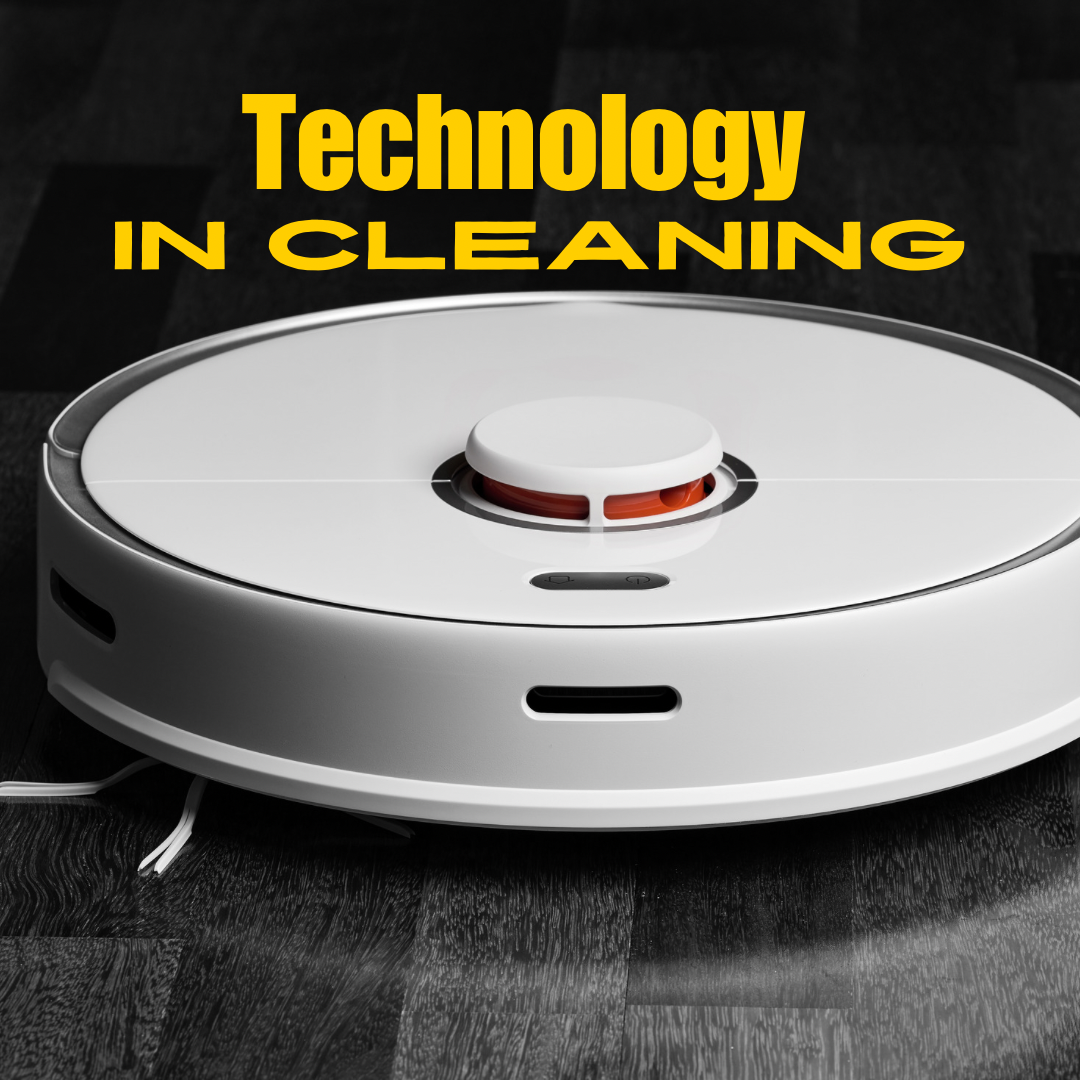
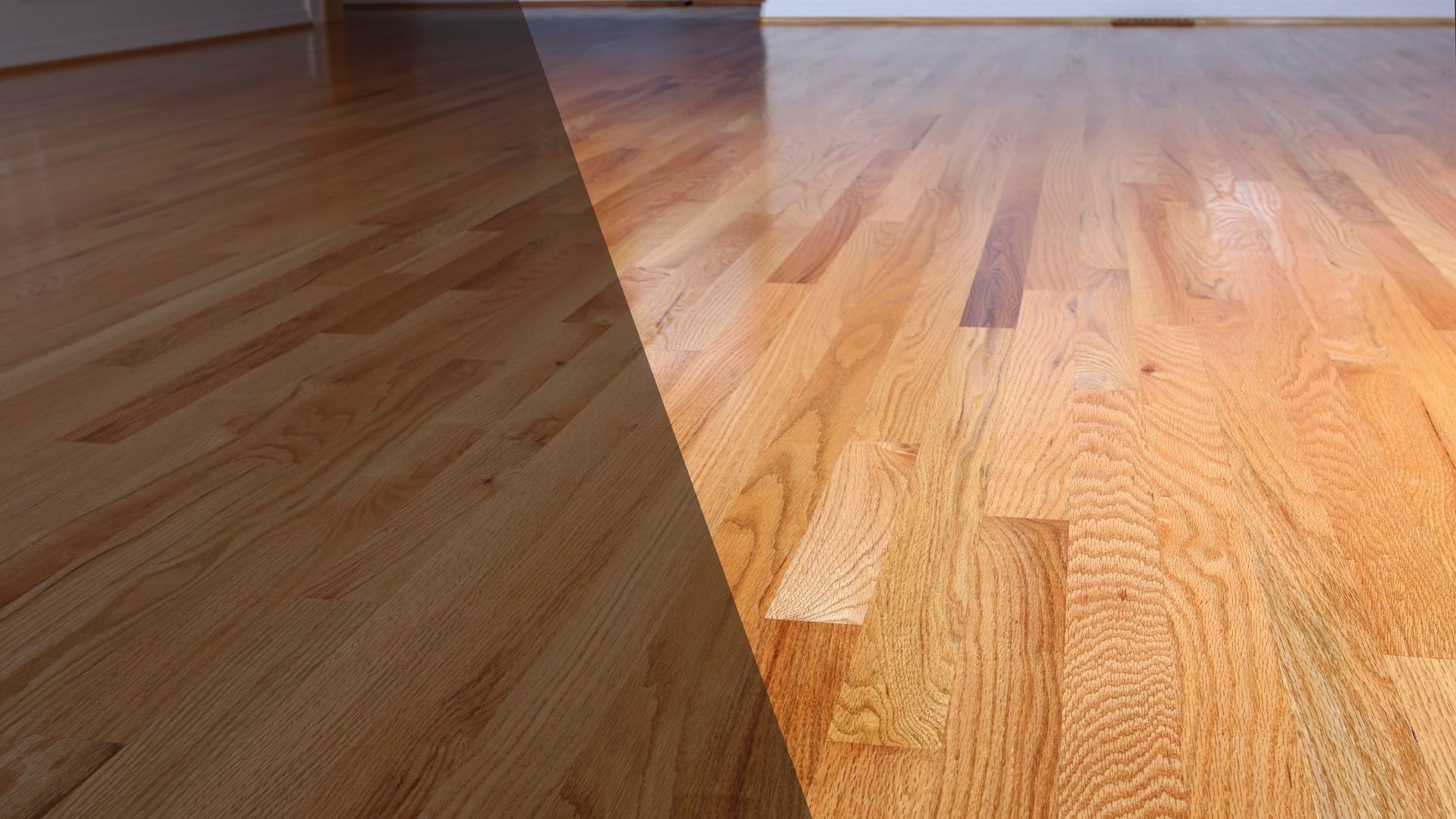

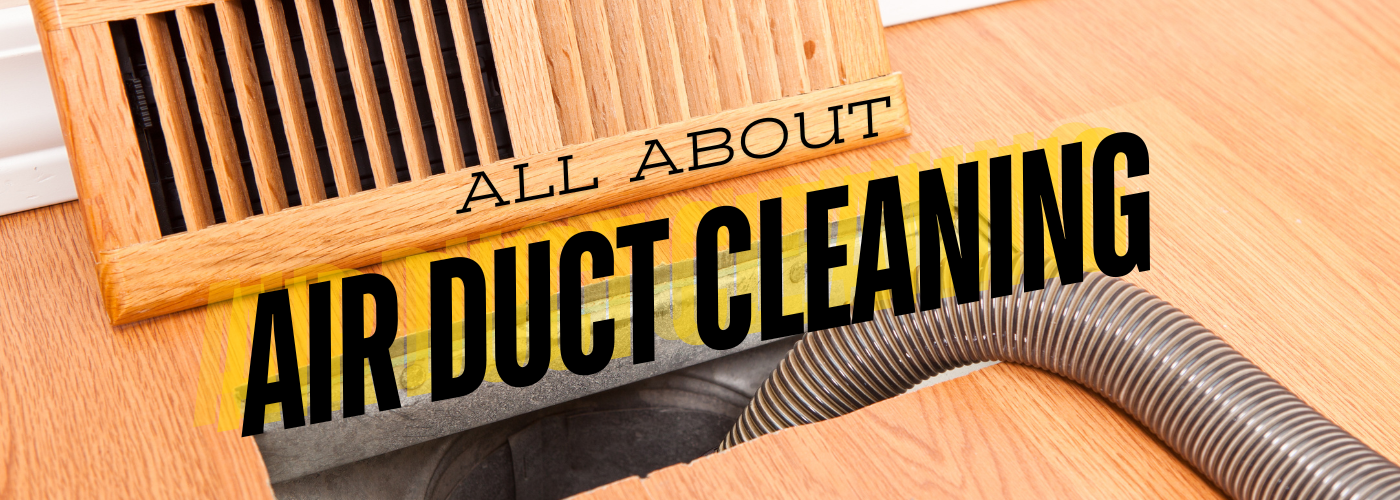
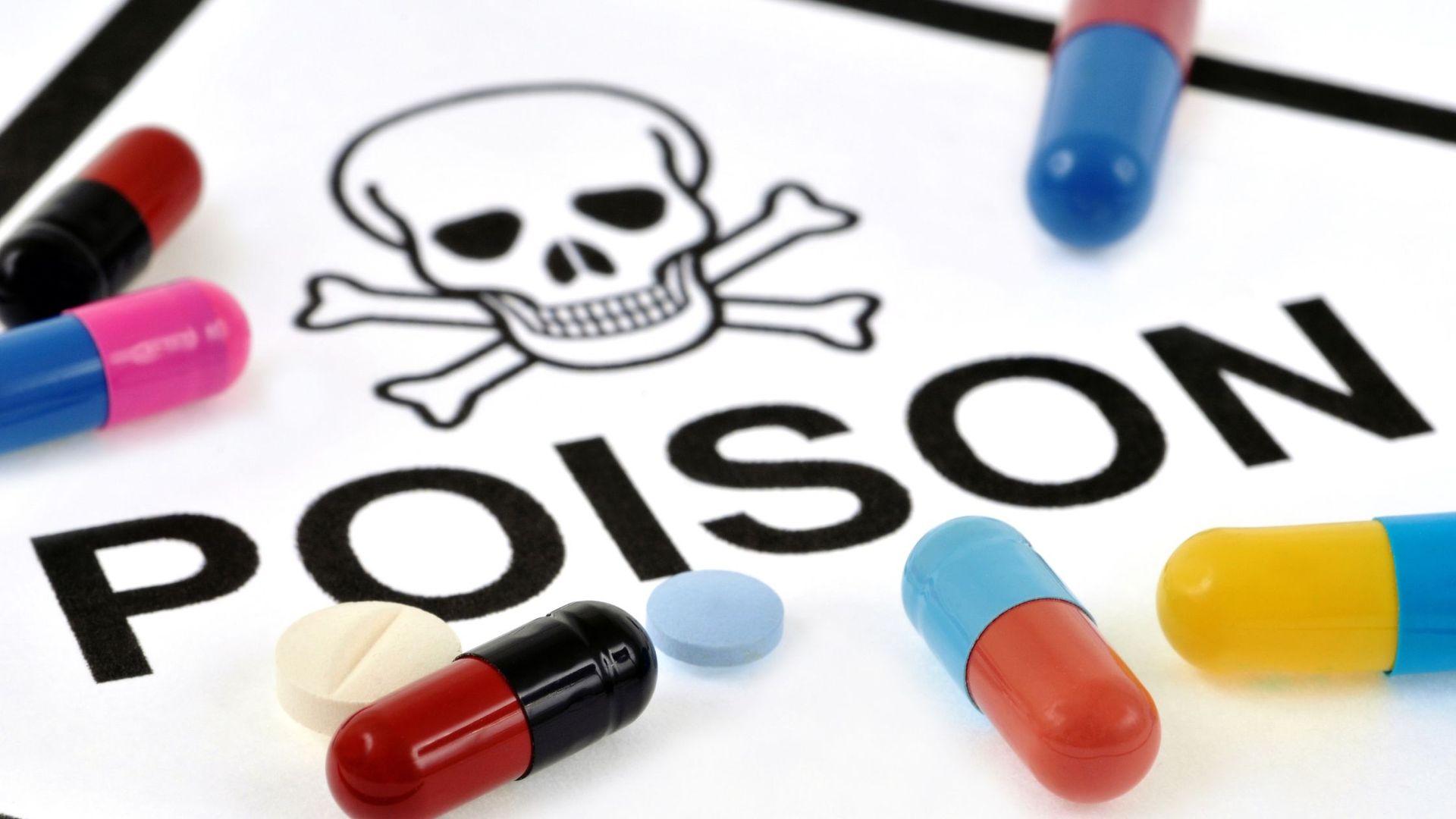
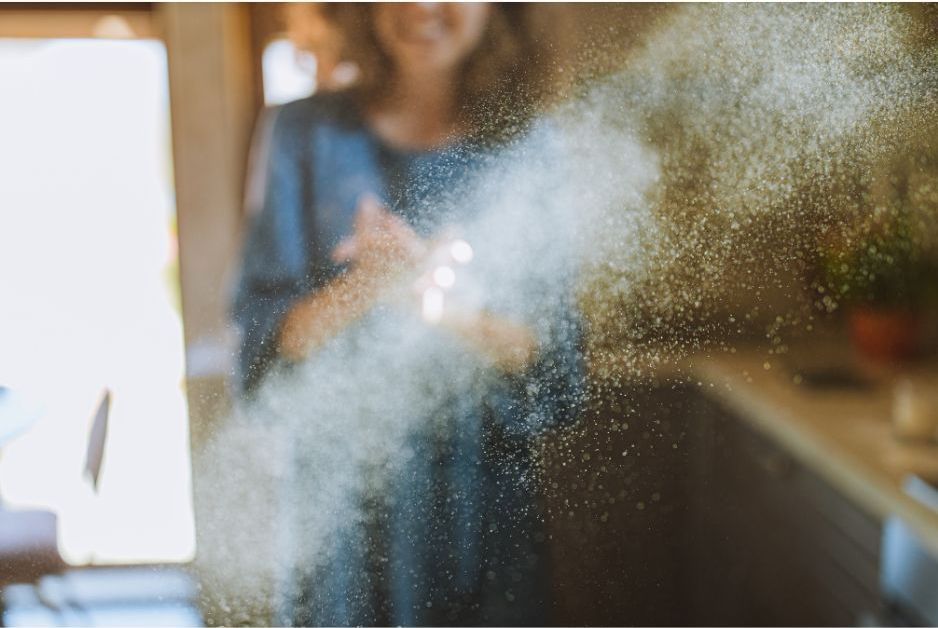
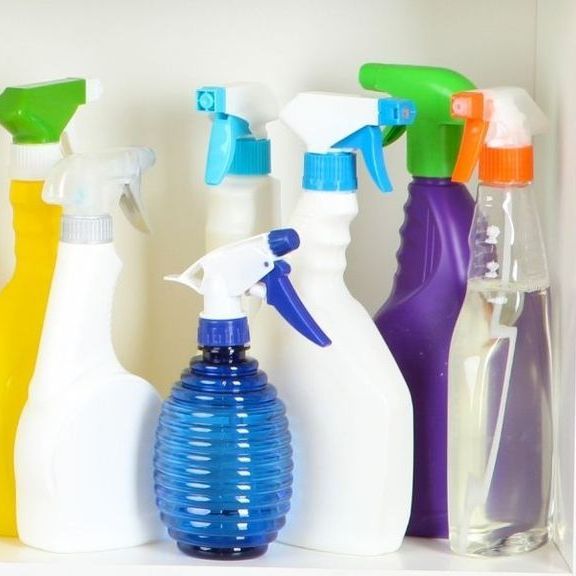


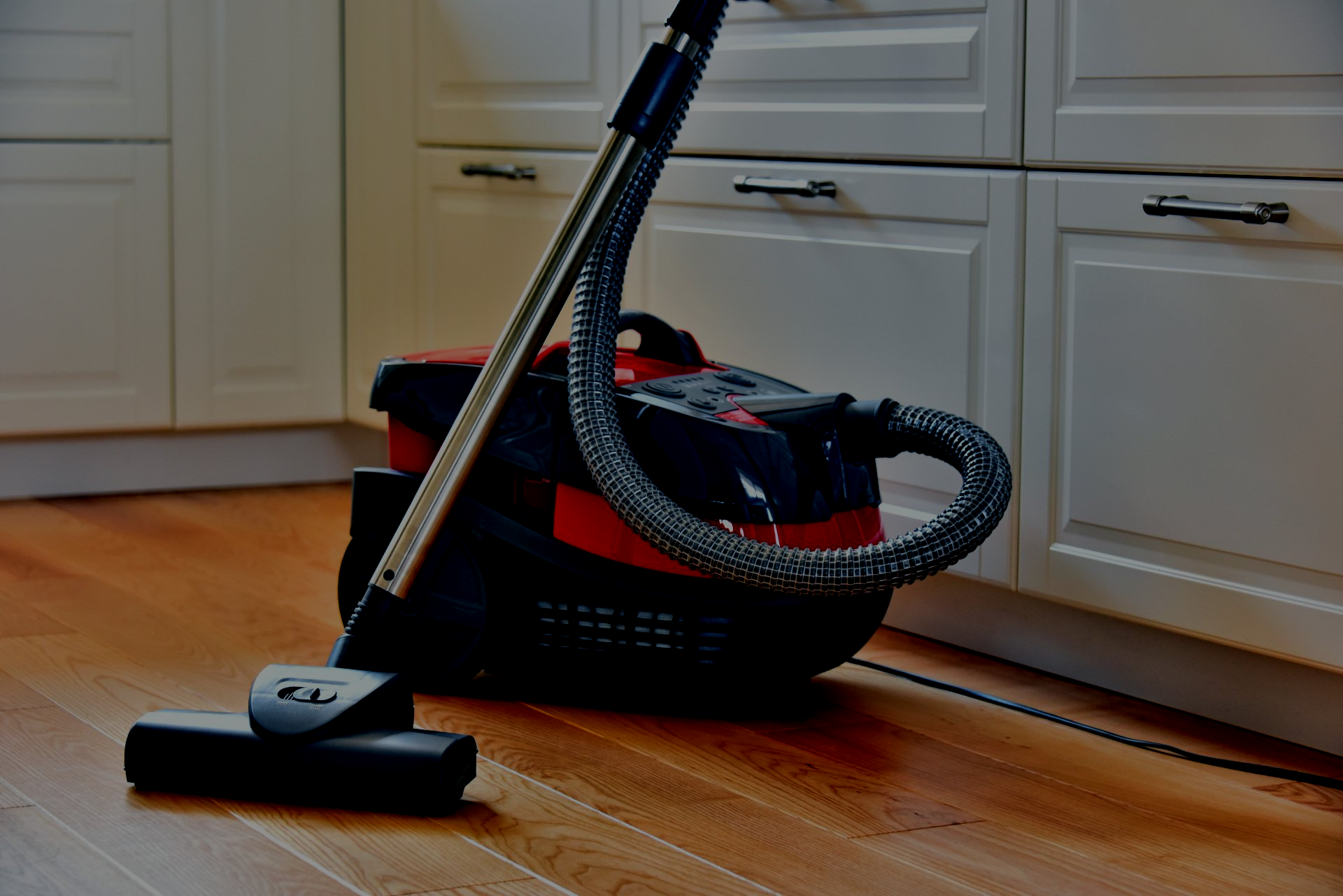


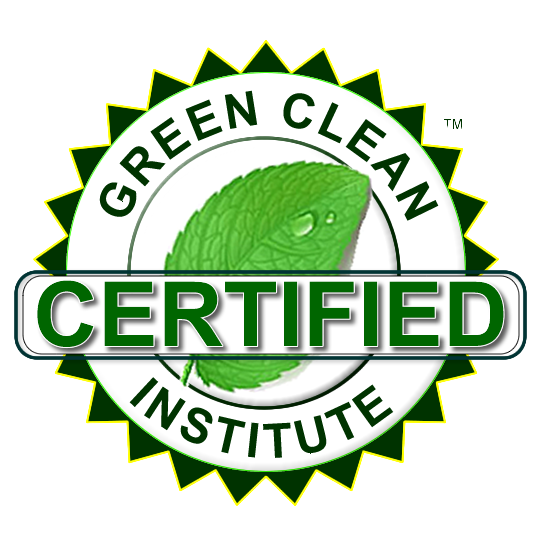


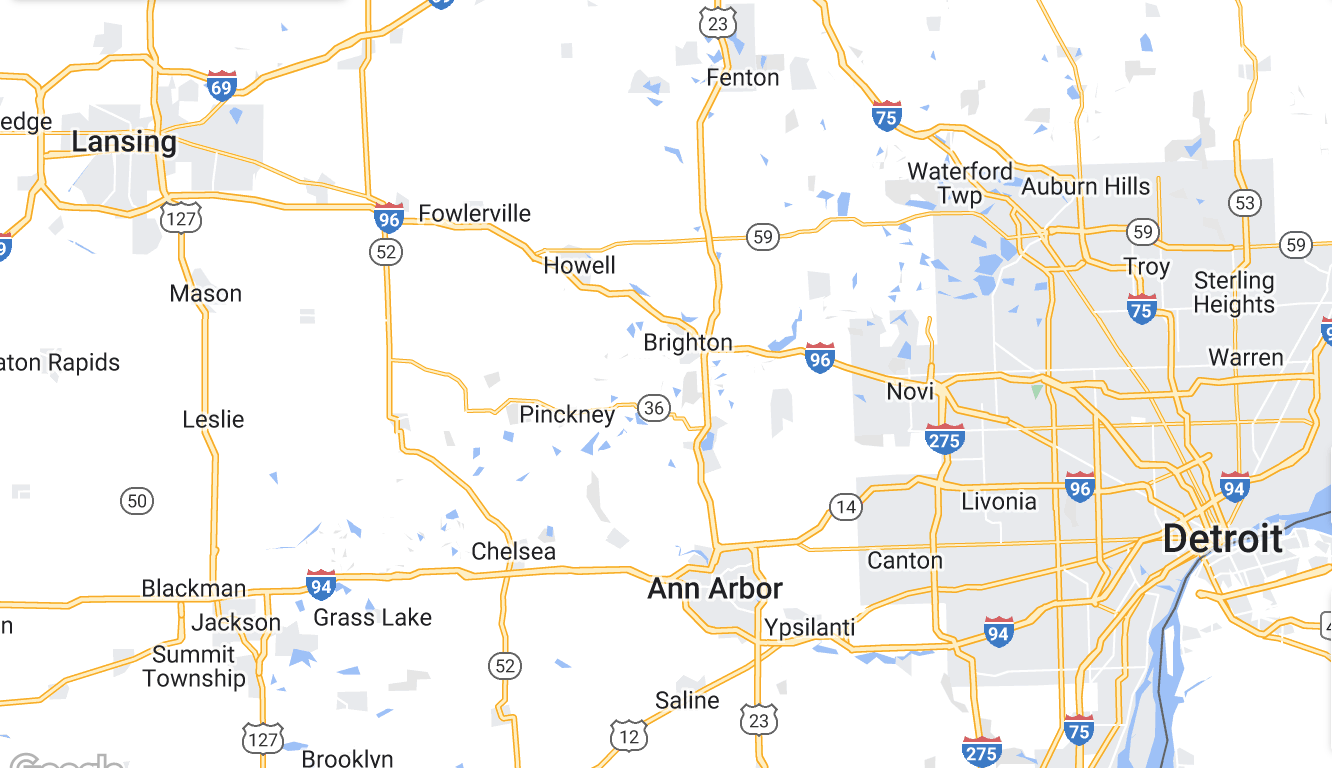
Share On: